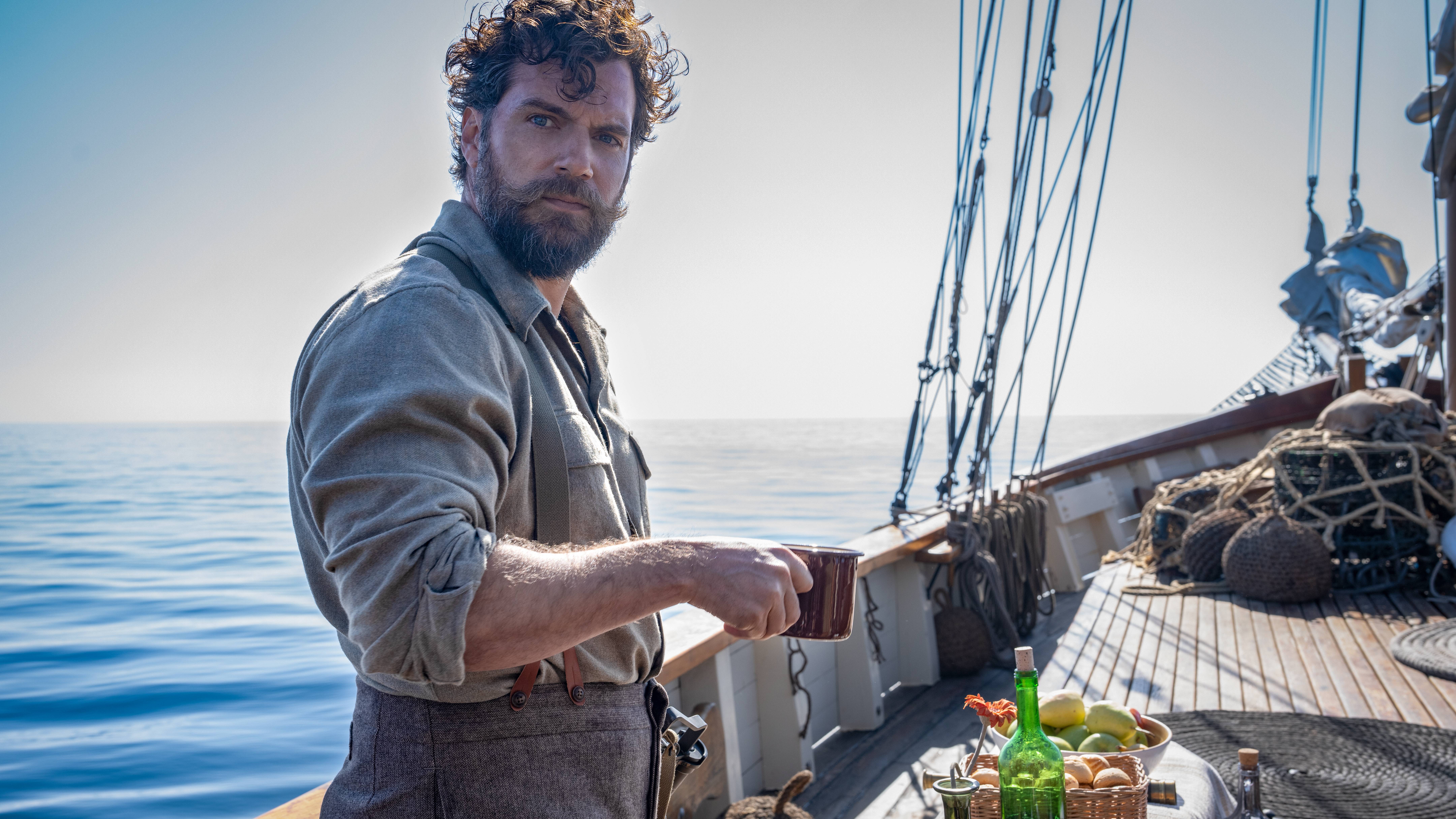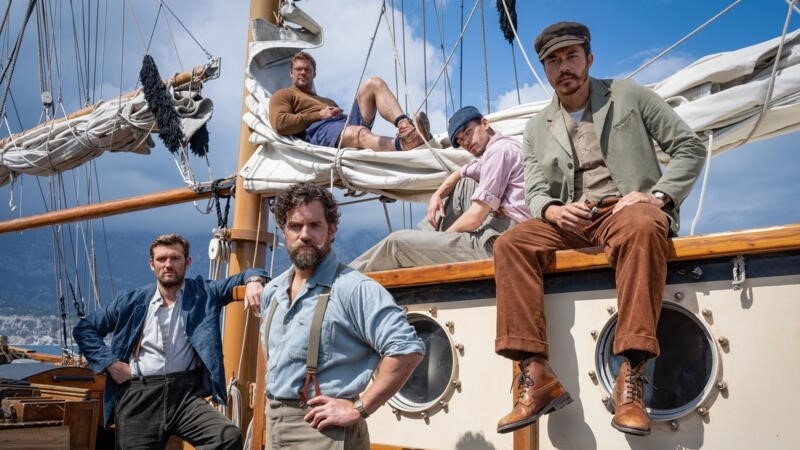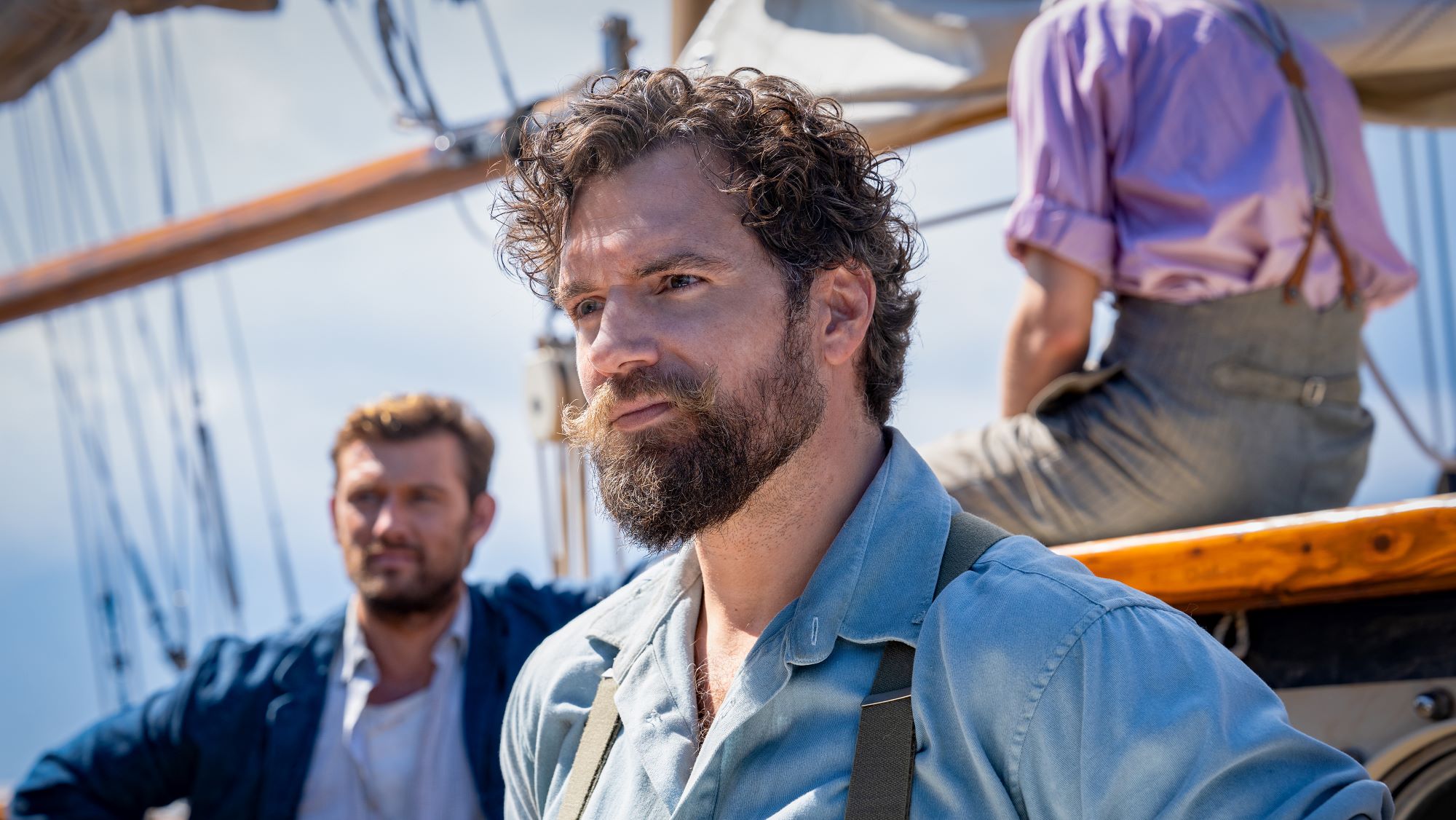Is The Ministry of Ungentlemanly Warfare a true story? Did it inspire James Bond?
Answers to your questions about The Ministry of Ungentlemanly Warfare.

You might be wondering if The Ministry of Ungentlemanly Warfare a based on a true story. Not long after taking over Netflix with The Gentlemen, Guy Ritchie has unleashed his latest effort, a World War Two action-comedy starring Argylle's Henry Cavill, Reacher's Alan Ritchson, Eiza González (Ambulance) Alex Pettyfer (Stormbreaker), and many more.
The movie is the story of a secretive black ops crew, one established by a small group of wartime officials including Prime Minister Winston Churchill and future James Bond creator, Ian Fleming. We follow the secret unit as they take on the Nazis in an entirely unconventional (and decided "ungentlemanly") manner. In What To Watch's The Ministry of Ungentlemanly Warfare review, we called it "one of the best movies of the year" and an "explosive good time". But is there any truth to this wartime story of derring-do? We've got the answers.
Be warned: there are spoilers ahead; here's how to watch The Ministry of Ungentlemanly Warfare so you're up to speed before you have the movie ruined.
Is The Ministry of Ungentlemanly Warfare a true story?

The short answer is yes, there is some truth to The Ministry of Ungentlemanly Warfare’s story, even if it is a heavily fictionalized account of history.
Lionsgate's synopsis declares that the movie is "based upon recently declassified files of the British War Department and inspired by true events". Paramount Pictures first acquired the rights to Damien Lewis' book The Ministry of Ungentlemanly Warfare (also known as Churchill's Secret Warriors) back in 2015. (as reported by Deadline).
The book details the efforts by Prime Minister Winston Churchill to develop a new kind of warfare, forming the first "deniable" secret operatives to go behind enemy lines, the Special Operations Executive. The group's unique approach helped change the course of history and ultimately laid the foundation for the British SAS and modern covert, black ops warfare.
The movie in particular portrays a heavily fictionalized version of one of the SOE's missions: Operation Postmaster. Carried out with the aid of the Small Scale Raiding Force, the clandestine mission saw a crack team capturing German and Italian boats from the Spanish-owned island of Fernando Po (now known as Bioko) and sailing them on to Lagos, Nigeria.
The latest updates, reviews and unmissable series to watch and more!
Did The Ministry of Ungentlemanly Warfare inspire James Bond?

The Ministry of Ungentlemanly Warfare concludes by revealing numerous details about the characters' next steps. The end sequences claims Ian Fleming (played by Freddie Fox) based James Bond on March-Phillips. There are more hints in the film, too; for one thing, the group's leader is Brigader Grubbins (Cary Elwes), who just so happens to go by the moniker "M". Fleming was in the room when March-Phillips was first enlisted to set out on his daring mission.
During an appearance on The Rich Eisen Show ahead of the movie's release, Cavill also weighed in on this topic, saying: "I'm sure Ian Fleming wrote James Bond with a lot of stories, a lot of different characters in mind, but as I understand it, Gus March-Phillips was one of the stronger influences"
It's difficult to determine just how much truth there is to these remarks, as there are differing accounts. Encyclopaedia Britannica states it's speculated Fleming drew inspiration "from more than one secret agent he learned of from his experience working with British naval intelligence". Online searches bring up a ton of potential figures, with possible influences including Serbian agent Duško Popov, Welsh spy James Charles Bond (who served under Fleming during World War Two, per the BBC) and the actor Christopher Lee (from the Express), who was Fleming's step-cousin
But why James Bond? Well, Fleming wanted a "dull" name for his globetrotting superspy. And as it turns out, he poached the character's name from the real James Bond, an American ornithologist!
Speaking to the New Yorker in 1962, Fleming said: "When I wrote the first one, in 1953, I wanted Bond to be an extremely dull, uninteresting man to whom things happened; I wanted him to be the blunt instrument.
"One of the bibles of my youth was 'Birds of the West Indies,' by James Bond, a well-known ornithologist, and when I was casting about for a name for my protagonist I thought, My God, that's the dullest name I've ever heard, so I appropriated it. Now the dullest name in the world has become an exciting one. Mrs. Bond once wrote me a letter thanking me for using it."
The Ministry of Ungentlemanly Warfare is now in US theaters and is coming to Prime Video in the UK and other territories at some point in the summer.

Martin was a Staff Writer with WhatToWatch.com, where he produced a variety of articles focused on the latest and greatest films and TV shows. Now he works for our sister site Tom's Guide in the same role.
Some of his favorite shows are What We Do In The Shadows, Bridgerton, Gangs of London, The Witcher, Doctor Who, and Ghosts. When he’s not watching TV or at the movies, Martin’s probably still in front of a screen playing the latest video games, reading, or watching the NFL.

